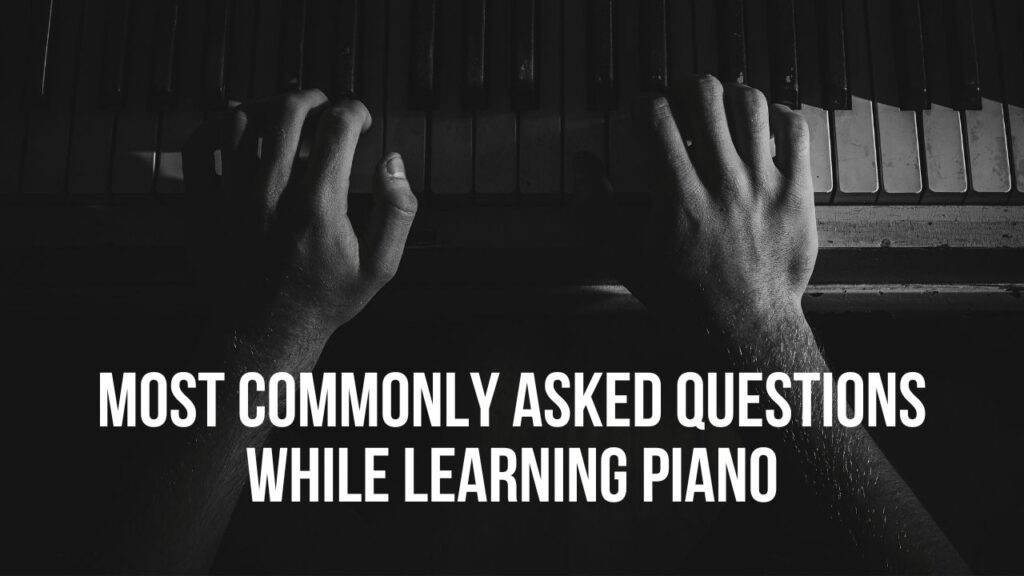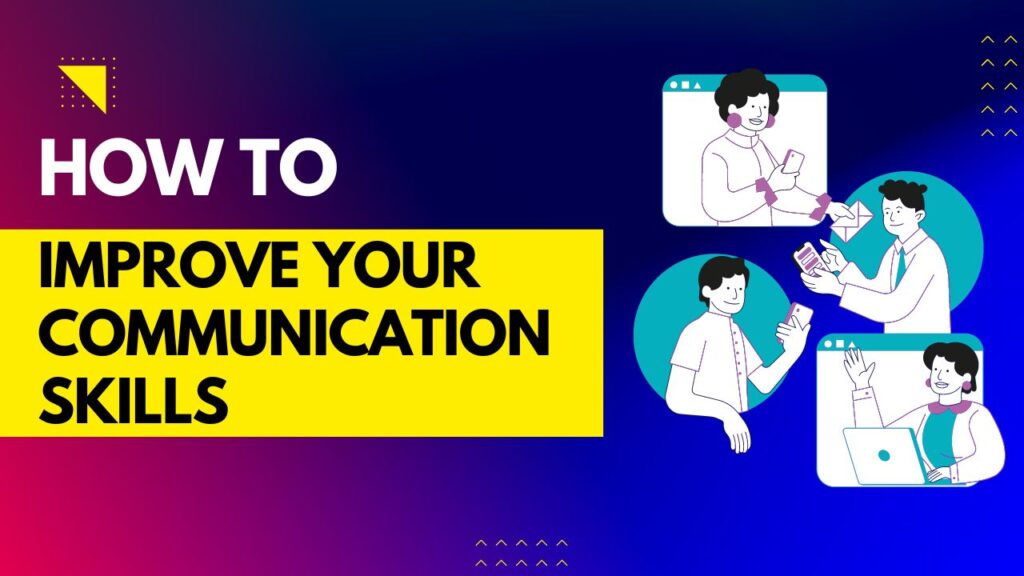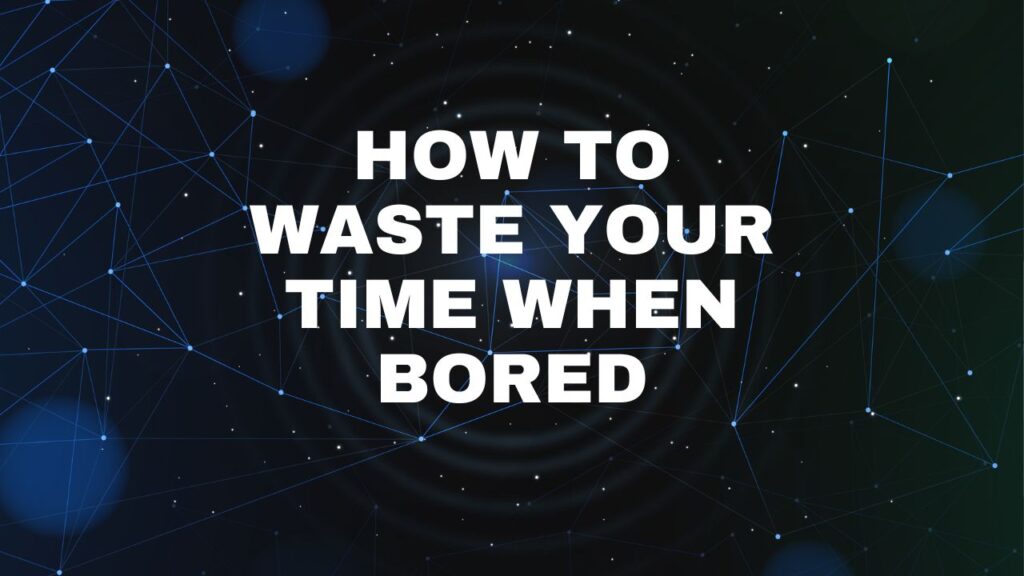Learning to play the piano is an enriching journey that opens doors to a world of musical expression. Whether you’re a beginner or an experienced musician, embarking on this path often comes with questions and uncertainties. In this article, we’ll delve into some of the most commonly asked questions that arise during the process of learning piano, providing clarity and guidance for aspiring pianists.
1. How long will it take for me to learn piano proficiently?
The timeline for mastering the piano varies greatly depending on factors such as dedication, practice frequency, natural aptitude, and the level of proficiency you aim to achieve. Generally, it’s essential to set realistic expectations and understand that progress is gradual. With consistent practice and proper guidance, a noticeable improvement can be observed within a few months to a year. However, becoming proficient may take several years of dedicated study and practice.
2. Do I need to learn music theory to play the piano?
While it’s possible to play the piano without an in-depth knowledge of music theory, understanding the fundamentals can significantly enhance your musicality and comprehension. Music theory provides a framework for understanding the structure, harmony, and rhythm of music, enabling you to interpret pieces more intuitively and expressively. Moreover, it facilitates communication with other musicians and enhances your ability to create and compose music.
3. What is the best practice routine for improving piano skills?
Effective practice is key to progressing on the piano. A balanced practice routine typically includes a combination of technical exercises, repertoire study, sight-reading, and ear training. It’s important to prioritize quality over quantity, focusing on mastering specific passages or techniques rather than mindlessly repeating them. Additionally, practising with a metronome, setting achievable goals, and incorporating a varied repertoire can help maintain motivation and prevent stagnation.
4. How do I overcome performance anxiety when playing the piano in front of others?
Performance anxiety is a common challenge faced by pianists and musicians alike. To alleviate nerves, it’s essential to cultivate confidence through thorough preparation and rehearsal. Practising performance techniques, such as visualization and relaxation exercises, can help mitigate anxiety and build resilience. Additionally, gradually exposing yourself to performing in front of others, whether through informal gatherings or recitals, can desensitize you to the pressure of performance and bolster your confidence over time.
5. Is it necessary to have a piano teacher, or can I learn piano on my own?
While self-study can be beneficial, especially with the plethora of online resources available, a knowledgeable and experienced piano teacher can offer invaluable guidance, feedback, and personalized instruction tailored to your individual needs and goals. A teacher can help correct techniques, introduce new concepts, and provide motivation and accountability, accelerating your progress and preventing the development of bad habits. However, if opting for self-study, it’s crucial to maintain discipline, seek constructive feedback, and supplement your learning with diverse resources.
6. How Can I Improve my Finger Strength and Dexterity?
To upgrade these abilities, dedicate focused practice sessions to finger workouts. Integrate scales, arpeggios, and Hanon practices into your daily schedule, steadily expanding intricacy. Focus on each finger’s free movement and accuracy.
Use unique elements and rhythms to challenge your fingers and advance adaptability. Also, consider integrating finger-strengthening devices like hand exercisers or stress balls into your training routine. Conscious endeavours in this space will support your ability to play and establish a powerful starting point for handling more complicated pieces with finesse.
Conclusion
Learning the piano is a rewarding endeavour that requires dedication, patience, and a willingness to embrace challenges. By addressing common questions and uncertainties, aspiring pianists can navigate their musical journey with greater confidence and clarity. Remember, progress may be gradual, but with perseverance and passion, the melodies of the piano will unfold, enriching your life and those around you.









